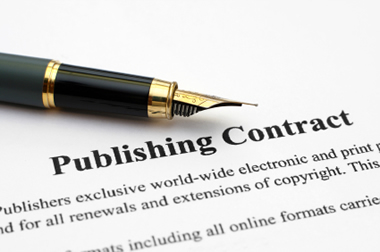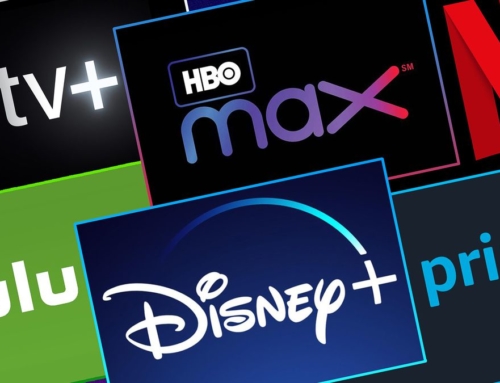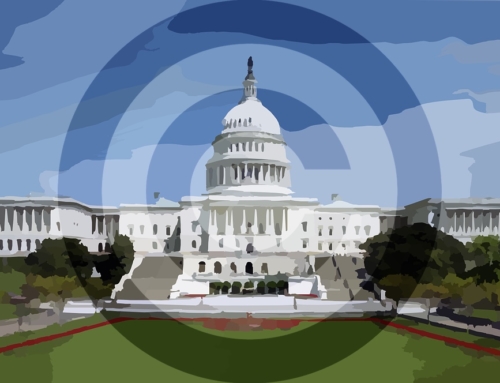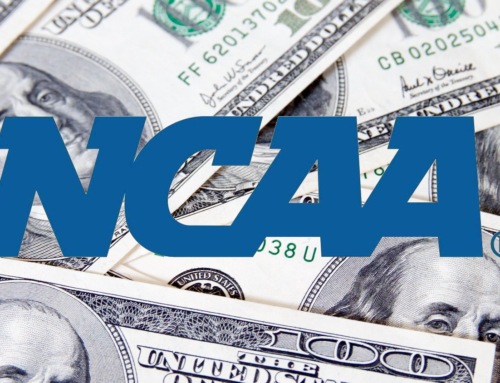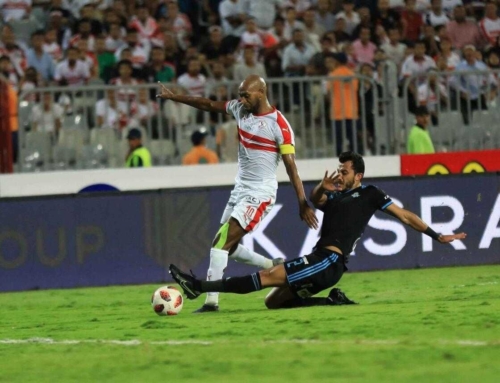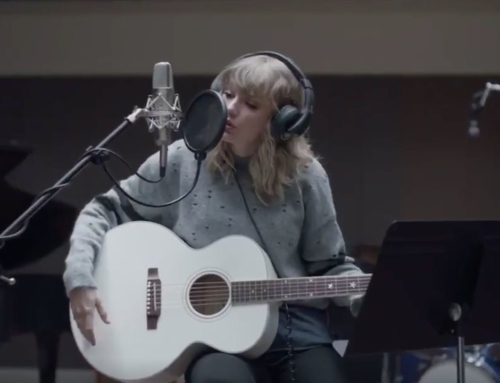If you are a songwriter, one of the most important steps you will take in turning your career into a business will come once you start working with a music publisher.
The main role of a music publisher is to exploit your work as much as possible. This translates to having your work given to artists for recording; having your work placed in television, film, video games and commercials; negotiating deals with anyone and any agency that wants to use your work for commercial purposes; protecting your work and its copyright and collecting all forms of compensation for use of your work.
As you can see, working with an efficient music publisher is a way to ensure your work is distributed and that it is done so in a legal manner that protects your intellectual property and compensates you fairly for its use.
However, before you decide to work with a publisher, you will need to decide what kind of agreement you will be seeking from such a partnership.
There are six main categories of publishing agreements. These agreements are outlined below:
Individual Song Agreement:
This type of agreement is the most common and also the most straightforward. In this agreement, the songwriter transfers the copyright (or portion of the copyright) of an individual work or selected works to a publisher. In return, the publisher exploits that work and returns a share of the profits to the songwriter. Seeing as the agreement only pertains to one or more songs, the writer is free to maintain control over the body of their work and also use multiple publishers for multiple works.
Exclusive Songwriter Agreement:
In this agreement, the songwriter agrees to assign copyright control of their work to a publisher within a specified term (ie: two years). Within this term, the publisher maintains control of the copyrighted work while the songwriter receives a share of the income generated from the exploitation of the work. Income from this type of agreement is generally paid out on a weekly or monthly term as advances. Once the term ends, these advances are then deducted from any royalties made during the term. Once the term ends, the copyright is returned to the songwriter. An advantage to this agreement is that is guarantees a stable income for the writer.
Co-Publishing Agreement:
In this type of agreement, the writer and the publisher each own a 50% share of the copyright allowing equal access to the work and its exploitation. This then allows for the writer to receive a greater share of the profits made from the works commercial use.
Participation Agreement
A participation agreement is nearly identical to a co-publishing agreement. However, in this agreement the writer does not own a share of the copyright. In this agreement though, the income generated by the work is still shared evenly.
Administration Agreement:
In this agreement, the publisher is given access to administer a composition or group of compositions for a specified term. The publisher is then able to licence the composition(s) in a multitude of outlets. In this agreement, the publisher then receives an agreed upon administration fee for any income generated.
Foreign Sub Publishing Agreement:
This agreement is similar to an administration agreement. However, in this agreement the publisher works with another publisher in another country to have the writers work represented in a foreign territory. Similar to an administration agreement, a specified term is agreed upon and fees are paid to both publishers from any income generated.
As you can see there are many ways to work with publishers. Each type of agreement will have its advantages and disadvantages. What becomes important to consider is your specific needs as an artist and the ways in which you want your work to be represented.


